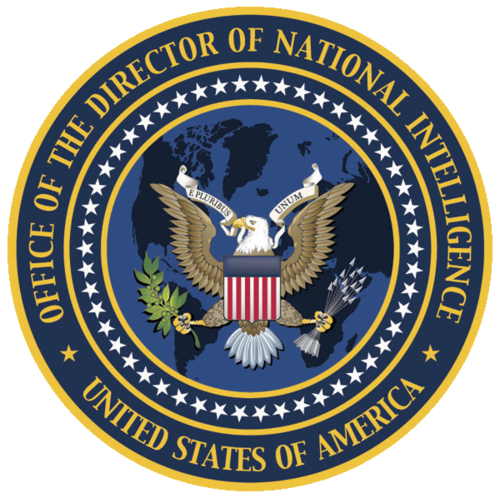In Washington a landlubber Rear Admiral heads a new Government bureau which thinks it could have done a lot to prevent Pearl Harbor. Anyway, one of its main jobs is to help prevent another Pearl Harbor.
The Rear Admiral is Sidney William Souers whose qualifications for the post president Truman created in January include a home in Missouri and a business career climaxed by half a dozen corporation directorships and presidency of Piggly Wiggly Stores, Inc. of Memphis. His qualifications also include 14 years distinguished service as a Naval Reserve intelligence officer.
The anti-Pearl Harbor bureau Rear Admiral Souers directs is the National Intelligence Authority(NIA), peacetime heir to the cloak-and-dagger of Col. William Donovan’s fabulous Office of Strategic Services (OSS).
Because America never had a unified peacetime intelligence arm until now, NIA’s ideas on how it could have prevented Pearl Harbor may be dismissed as academic second-guessing. But they make sense. Furthermore they illustrate how NIA hopes to operate.
Two days before Pearl Harbor, Tokyo flashed a code call to the Japanese envoys in Washington-Ambassador Nomura and special “Peace Envoy” Kurusu. This message was intercepted and decoded by U.S. Naval Intelligence.
Tokyo had ordered Nomura and Kurusu to go to the State Department and break off negotiations as soon as possible after 2 P.M. Washington time, Dec. 7, 1941. As it turned out, the first Japanese bombs were falling on Pearl Harbor when Nomura and Kurusu were obeying their orders.
By the decoded message, our high officials had-or should have-been warned of the likelihood of a Japanese attack at just about the time the Japs did attack Pearl Harbor. The fatal mistake of American officials was their expectation that the Japs would attack the Philippines or Singapore or the Dutch East Indies-almost anywhere in the Pacific except Pearl Harbor.
Right there, according to experts, is where efficient intelligence procedures could have prevented the Pearl Harbor tragedy.
Surprise attacks are almost invariably timed at dawn. The darkness gives the attackers cover; the sunrise gives them light on the target; and dawn is the best time to take a sleeping enemy unawares.
Thus efficient intelligence could have been answered the question: “Where would the Japs attack at dawn on Dec. 7, 1941?” by asking: “Where in the Pacific will dawn on that day come about 2 P.M. Washington time?”
The only answer was Hawaii.
It seems ridiculously easy? Yet nobody figured it out before Pearl harbor. To make sure somebody does the figuring in the future, and speeds the dope to high officials, is the job of Souers and his NIA.
Unspectacular office work like this doesn’t make such thrilling reading matter as the wartime exploits of the OSS-the landing of parachutists behind enemy lines-the spies. That’s one reason why NIA rarely makes the headlines. Another is that Souers believes a Secret Service really ought to be secret.
NIA has no spies of its own. Army and Navy intelligence agents, the State department’s operatives, the FBI and representatives of other Government departments turn in their reports for NIA analysis. Souers’ men hand their findings to Cabinet officers and the President.
Sooner or later, NIA may need spies of its own. That will be up to Congressand the policy-maker. There’s plenty of opinion, among Congressmen of both parties, that national security in the Atomic Age demands bigger and better intelligence work than America has ever had.
